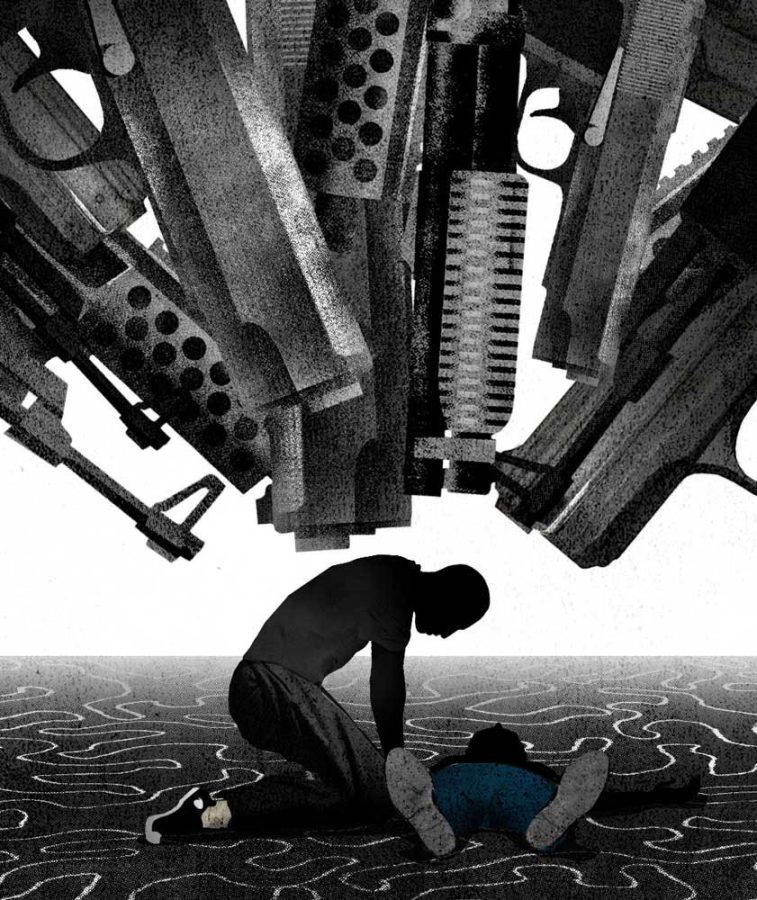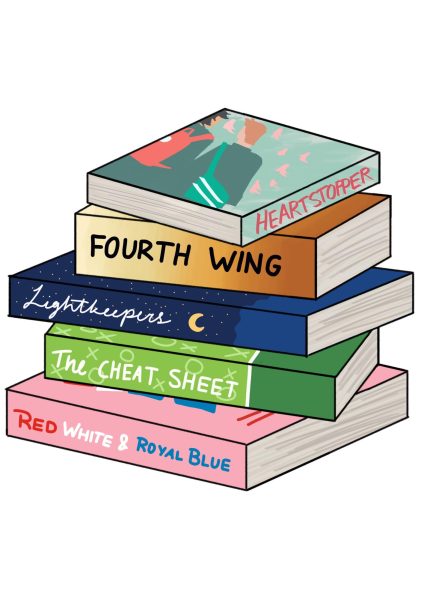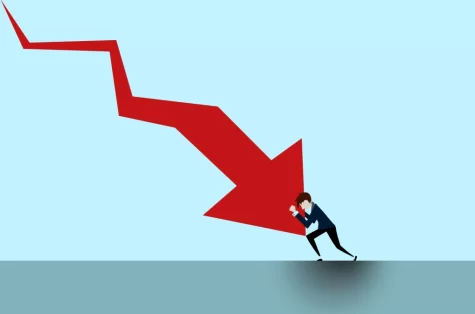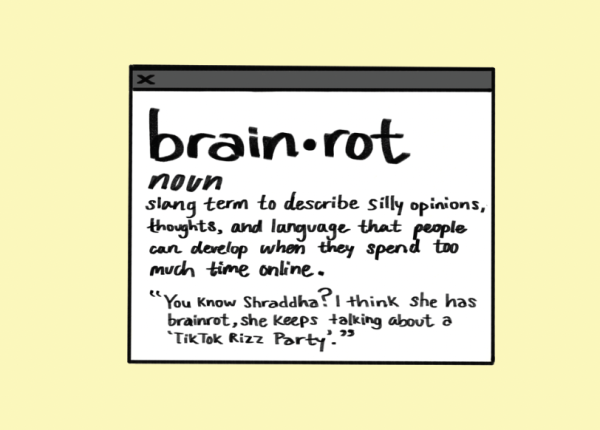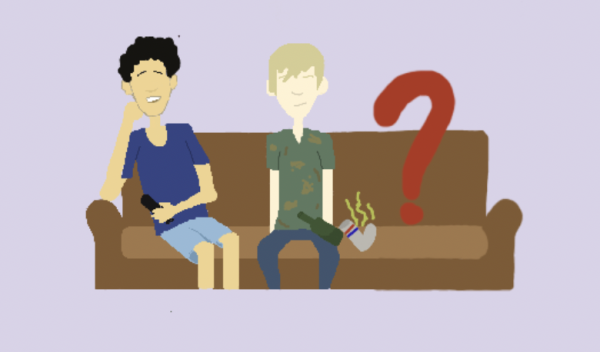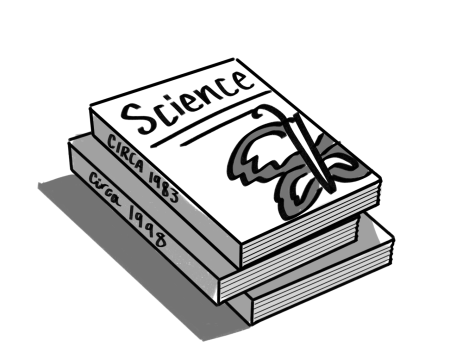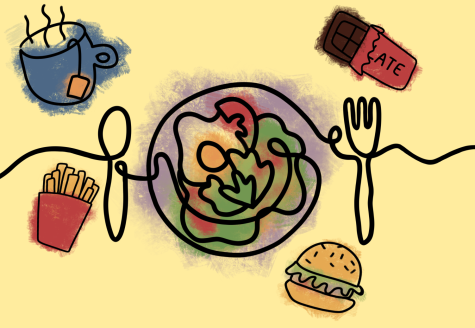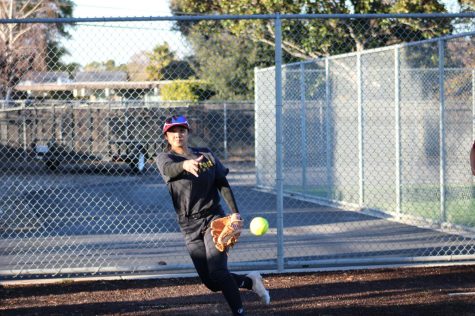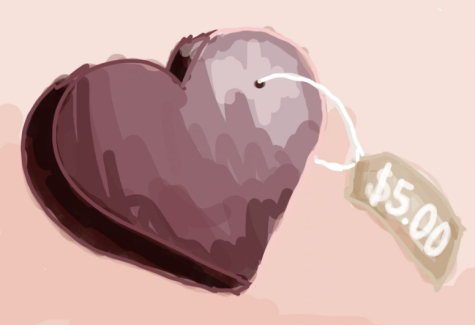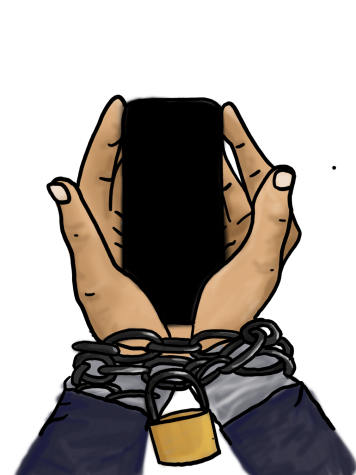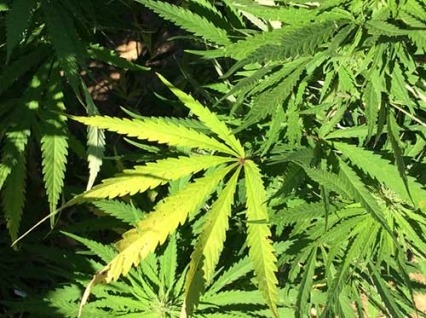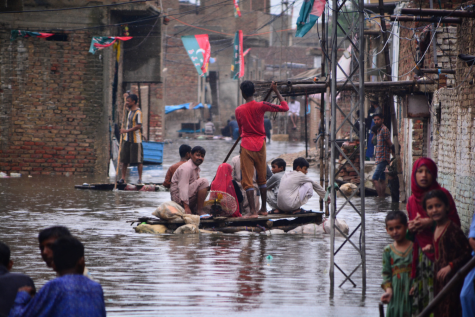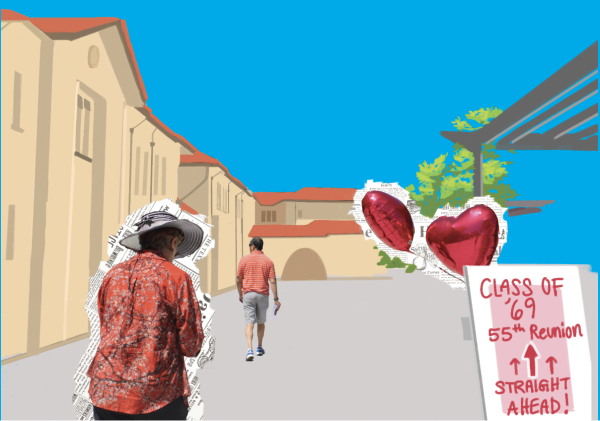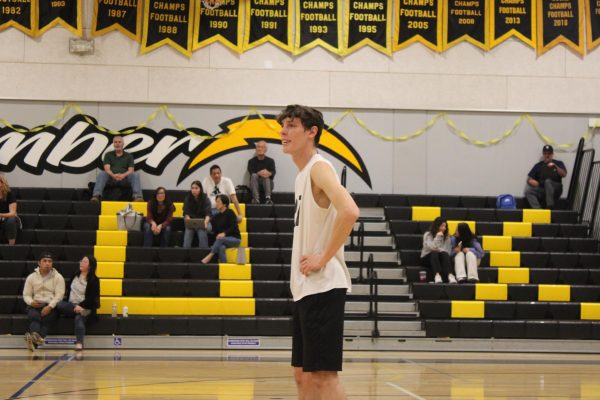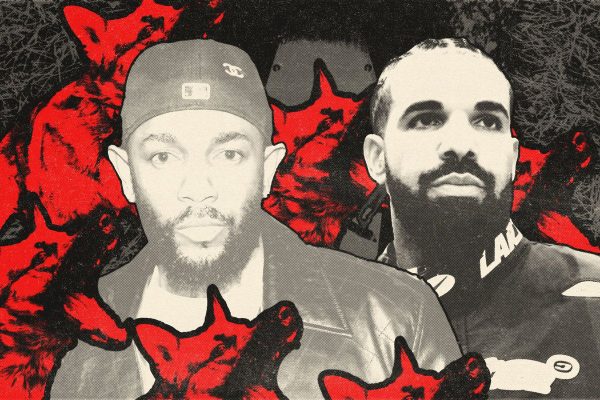The downfall of Rap
Rap is heard and loved widely in the United States, being one of, if not the most, popular genres in the country. It was created in African American communities at block parties in New York City during the early 1970s, and would go on to soar in the late 80s and early 90s. Rap music often represented people who were in lower classes and lived in low-income neighborhoods. This music was their way of expressing their thoughts in a way that would be heard, like poetry, and as a way to cope with their difficult reality. Yet recently, these difficult realities have been catching up with them.
“The death rate in hip-hop doesn’t mean something is wrong with hip-hop,” journalist Touré Neblett said. “It’s an extension of the problems all Black people go through. It’s evidence of America’s oppression.”
African American communities have been historically neglected for decades, and the Bronx was no exception. This New York City borough was the place in which rap music and gangs originated. It was (and still is) known as the “ghetto” of New York because it has the highest poverty rate in New York City as well as a very high crime rate. The police’s lack of providing safety for this community led to the creation of local policing in order for people to protect their land and loved ones. However what were once groups of people trying to preserve their community, have turned into violent organizations that are now known as gangs.
Gun violence is not a foreign topic in rap music, as many rappers claim to be affiliated with gangs and often talk about this; however, recently, the amount of gun-related deaths in the rap community has increased. Just last month, on November 1, 28-year-old Takeoff from the rap trio “Migos” was fatally shot in Houston, Texas. He and Quavo (another member of the “Migos”) were playing dice when an altercation broke out and somebody opened fire in the bowling alley they were in, resulting in a fatal shot to the young rapper’s head.
Another recent death in the rap community was that of King Von, who was killed in November of 2020 during a confrontation with fellow rapper Quando Rondo outside of a night club in Atlanta. King Von was just twenty-six years old when he lost his life, another name added to the increasing list of rappers who lost their lives as a result of gun violence.
It is likely that these two young souls will not be the last to be added to this list, and that leads us to ask the complex question of violence in the rap community: is it because rappers often live high-crime lives, or does it reflect the lives of Black communities who live in poverty as a whole?


